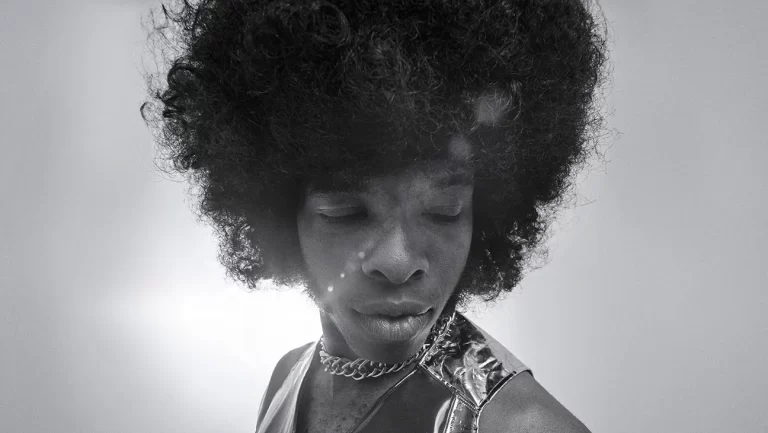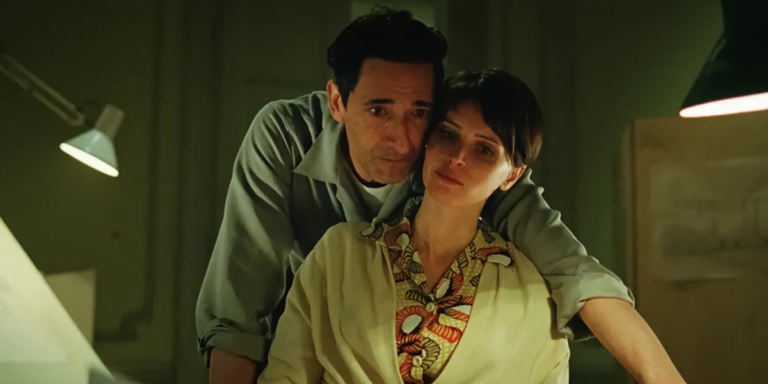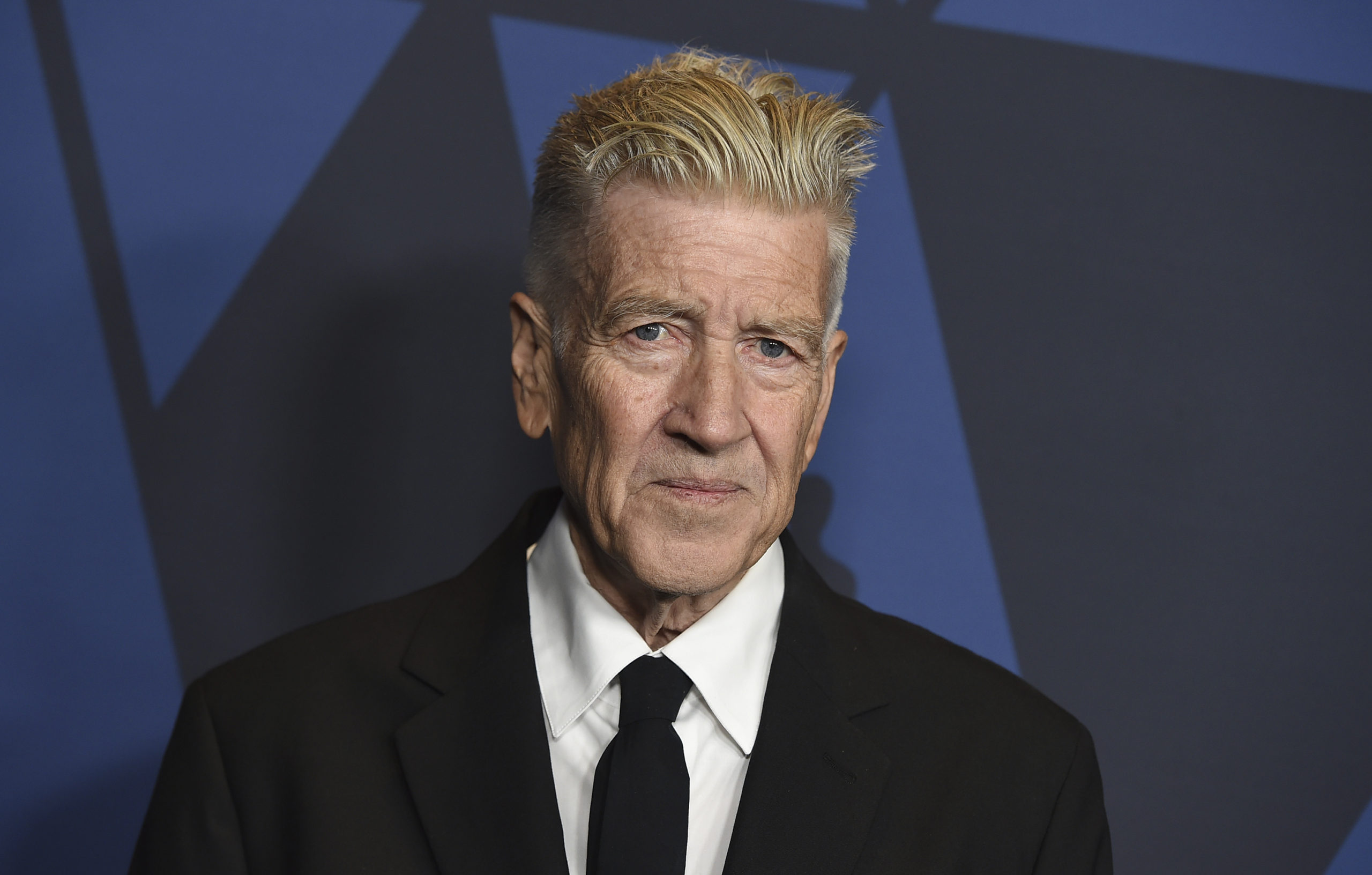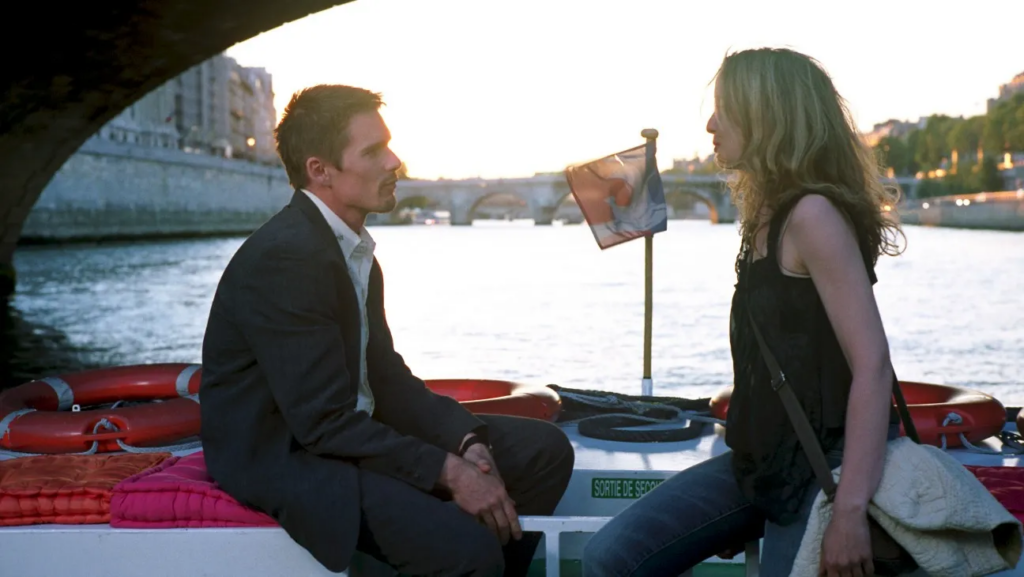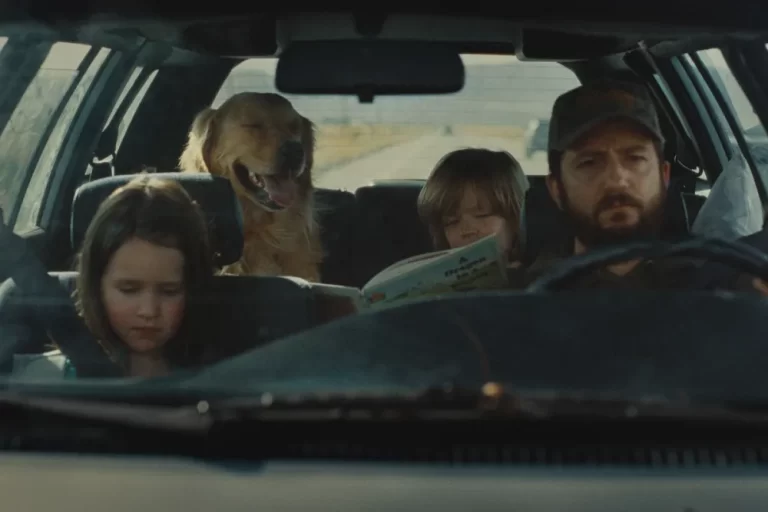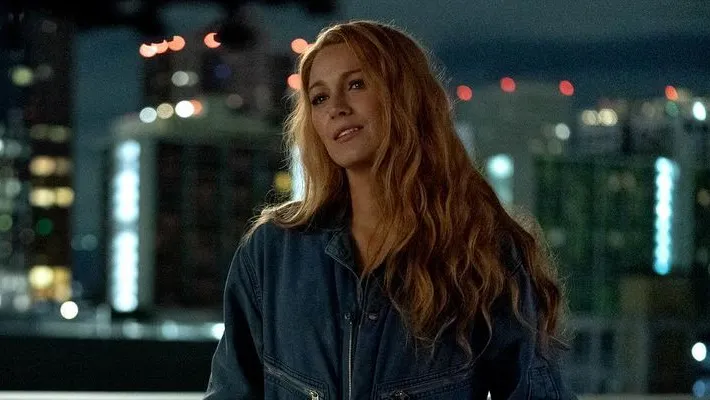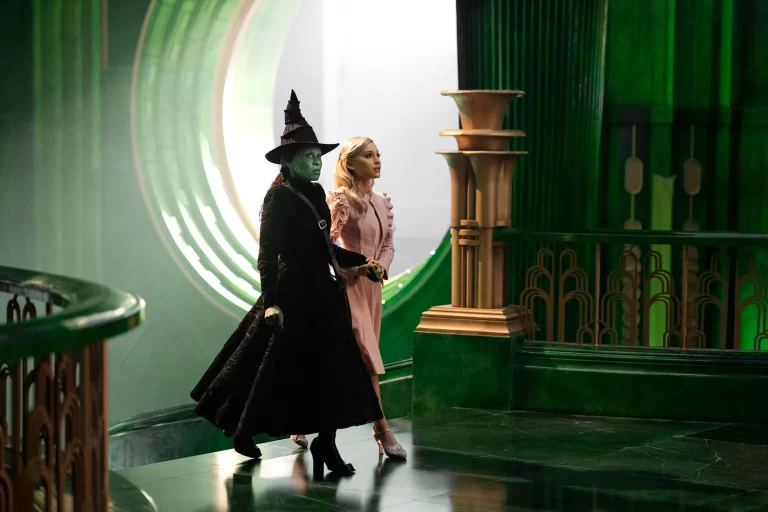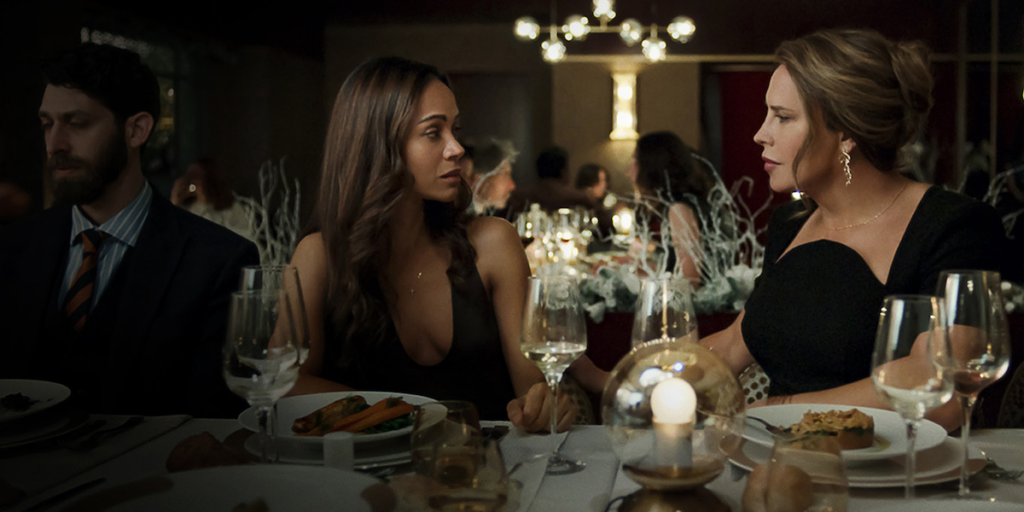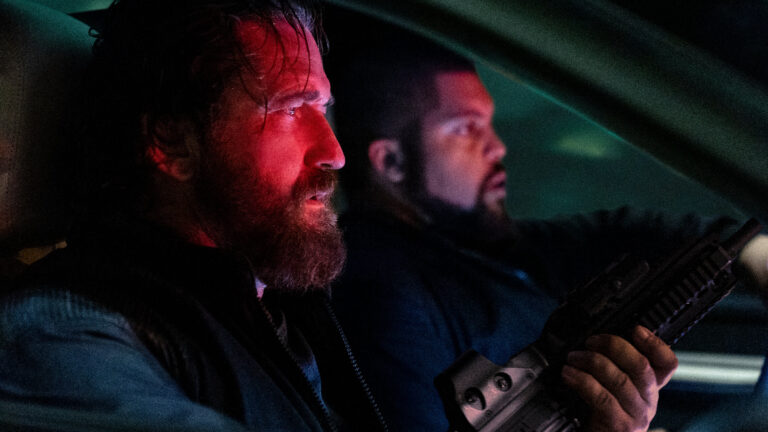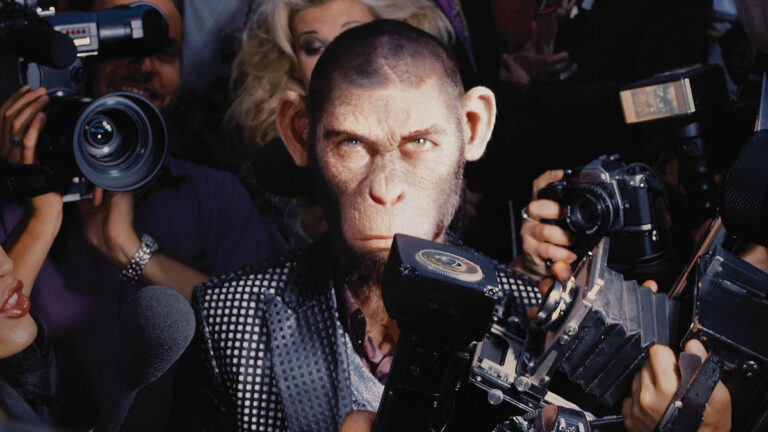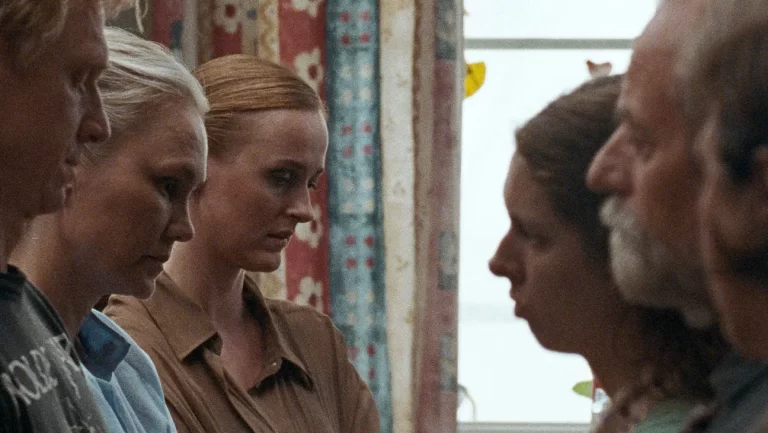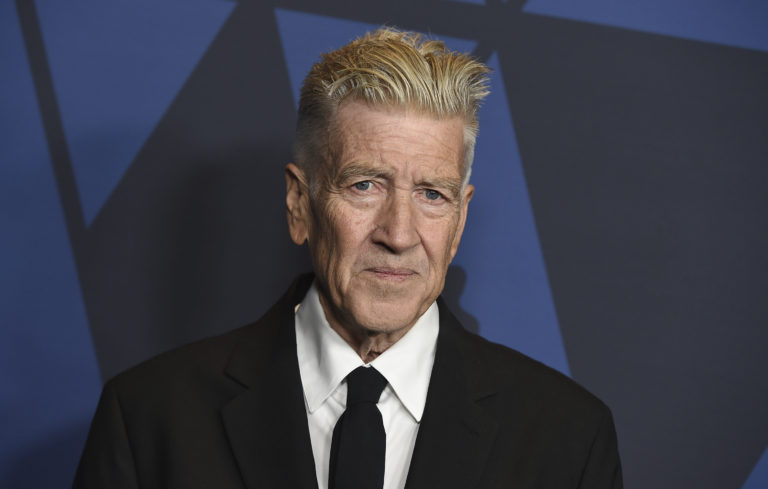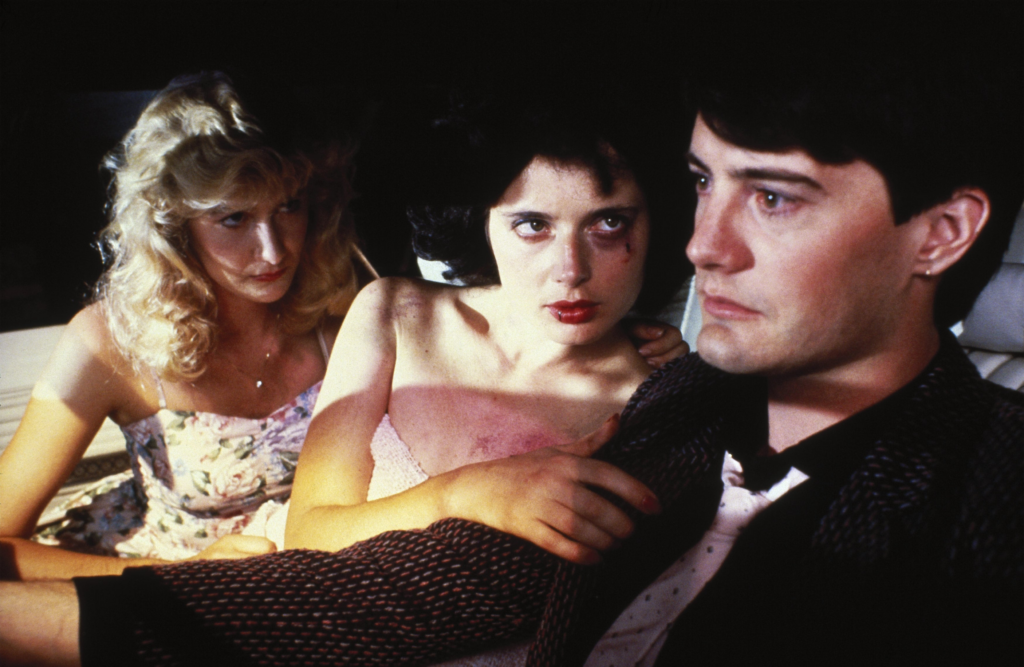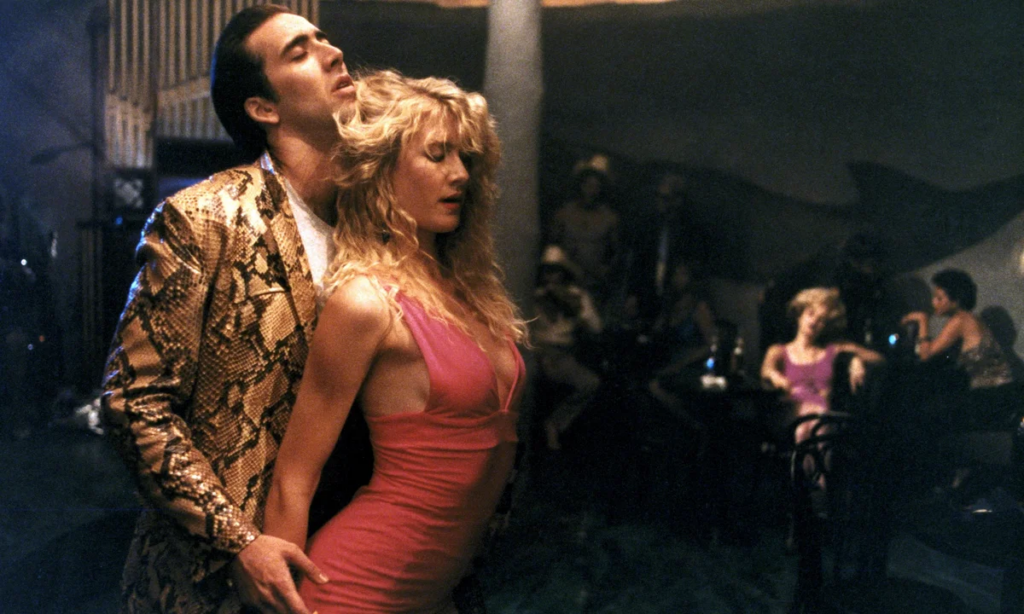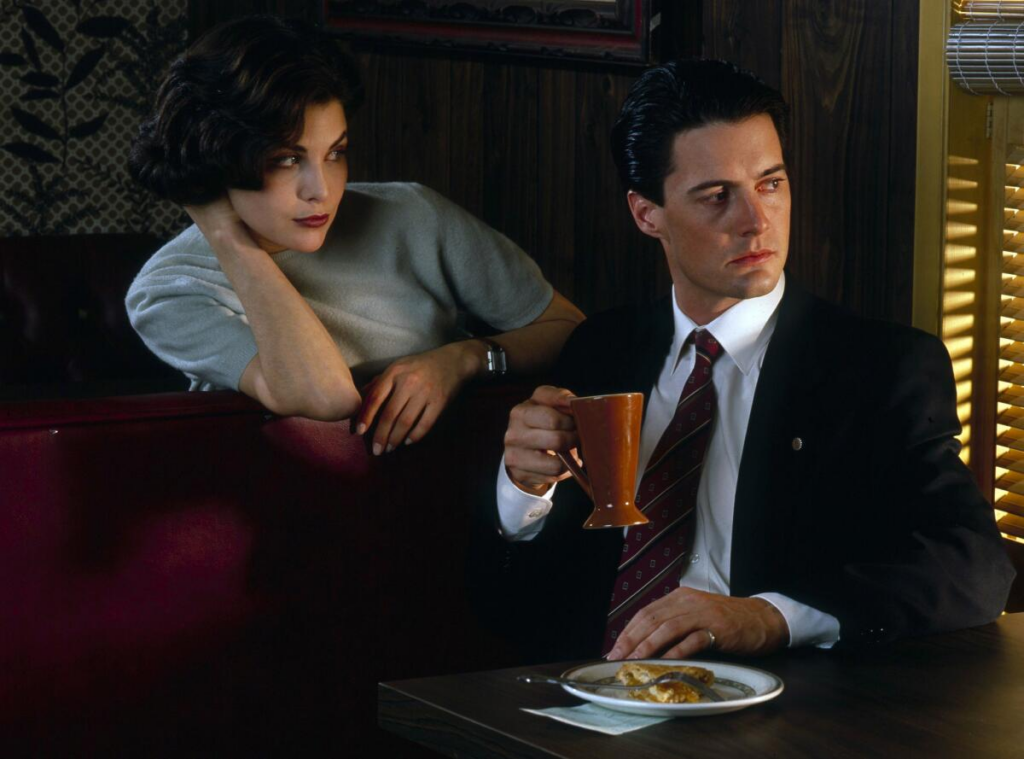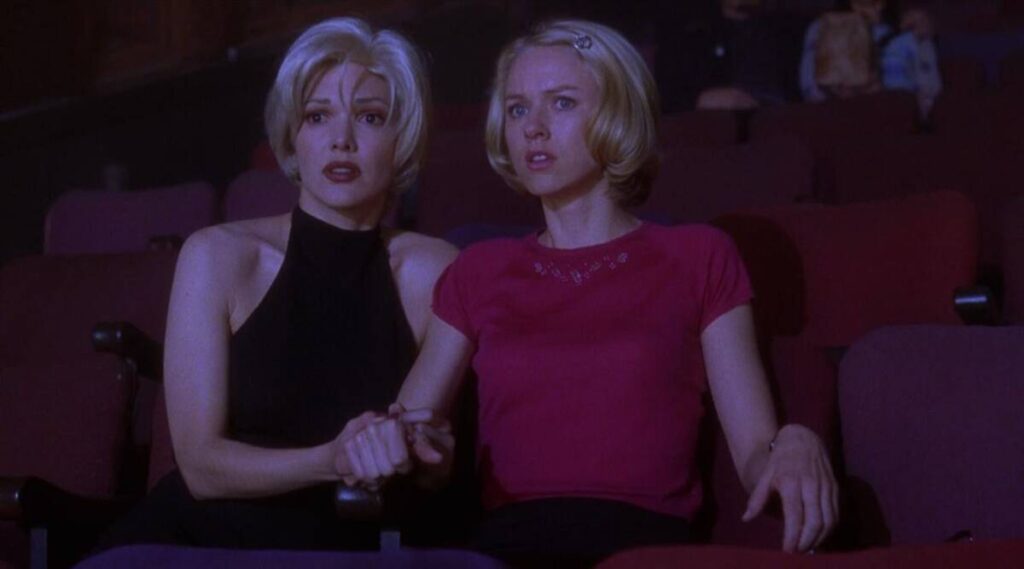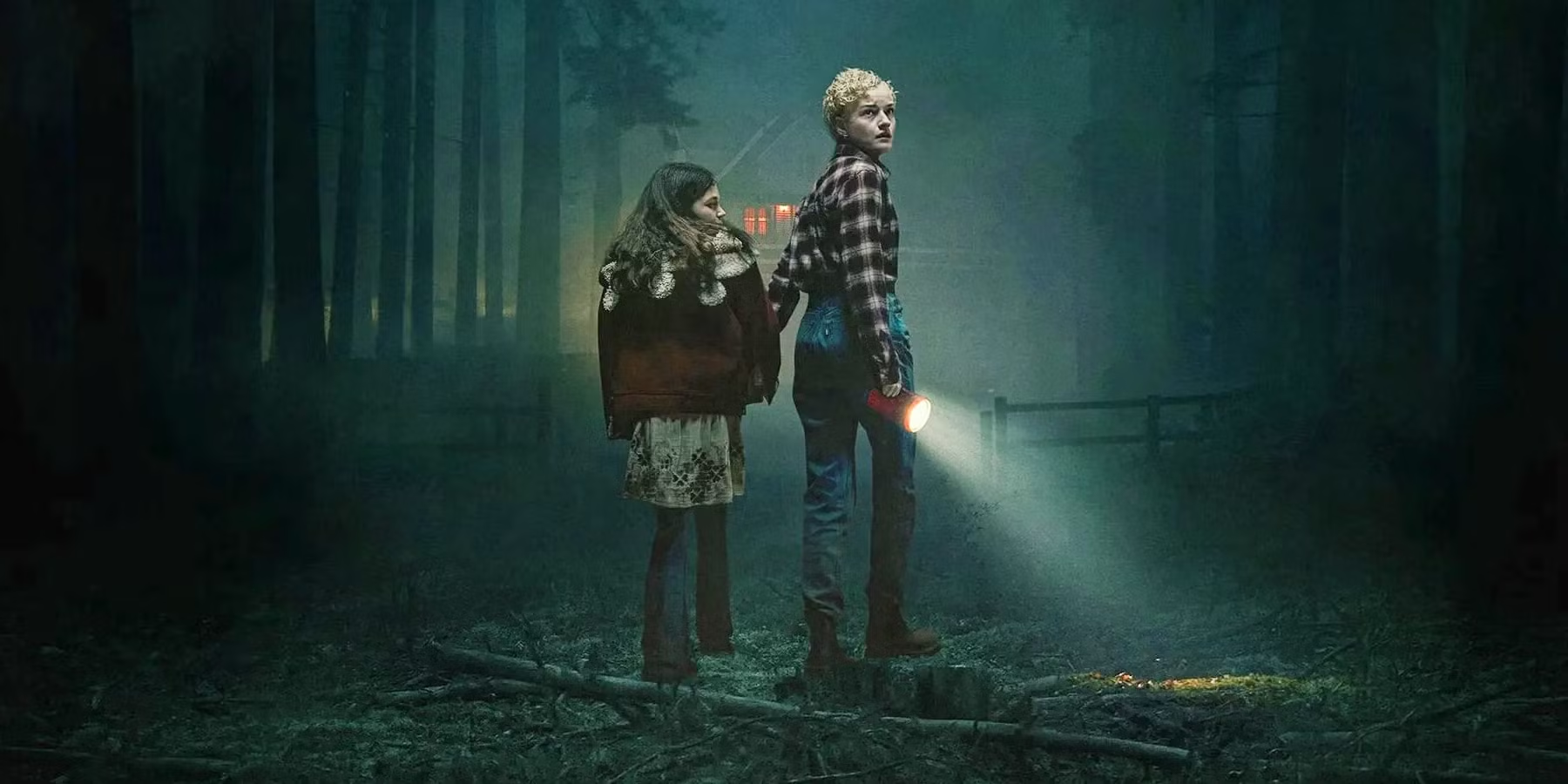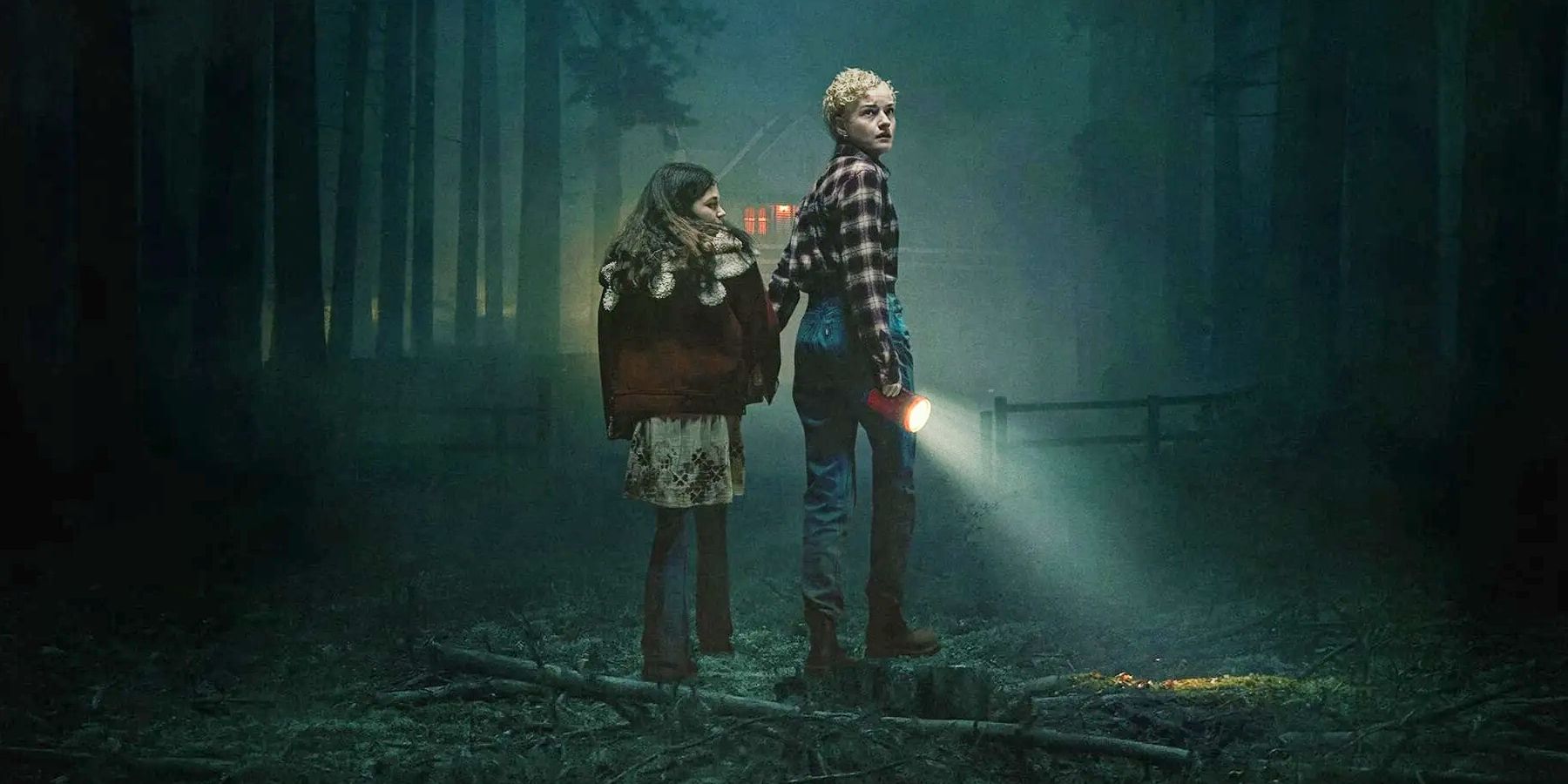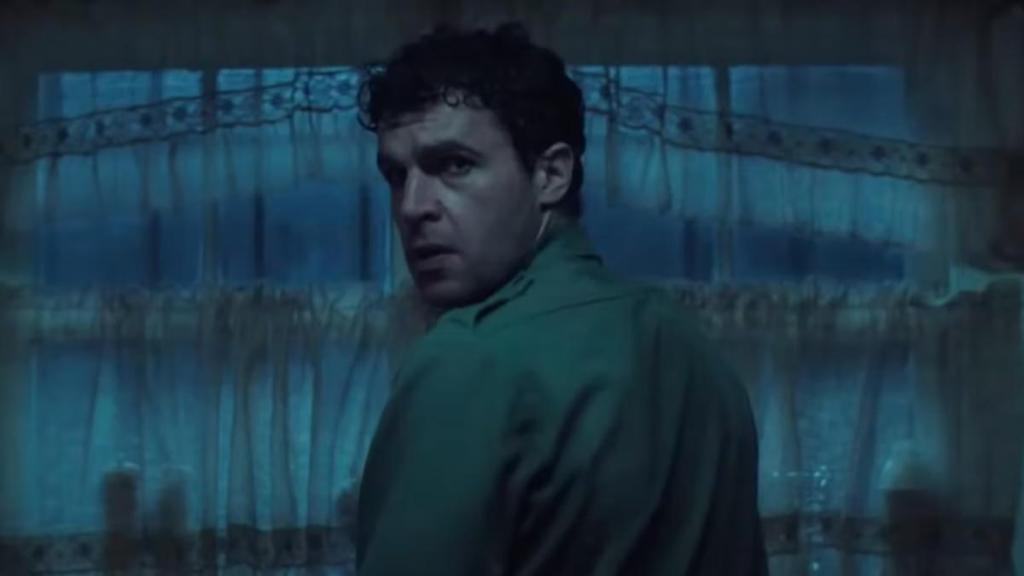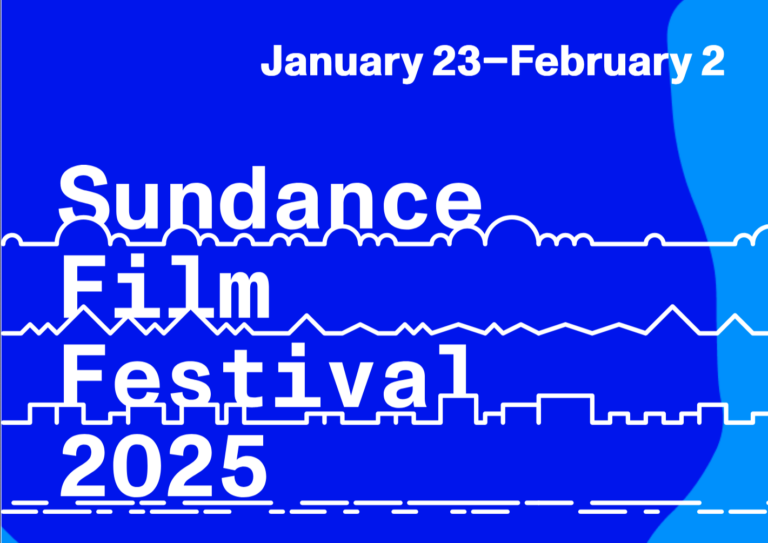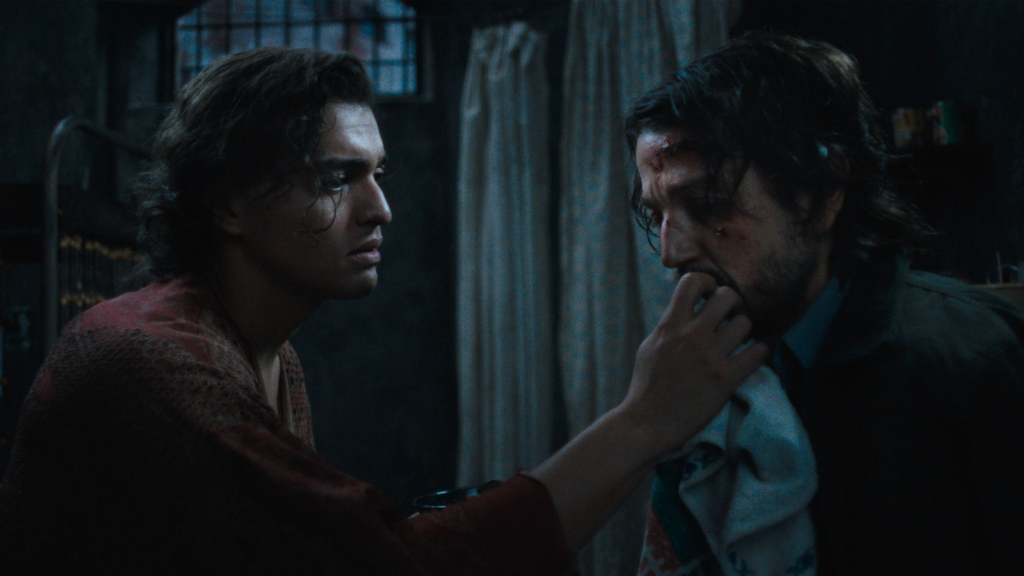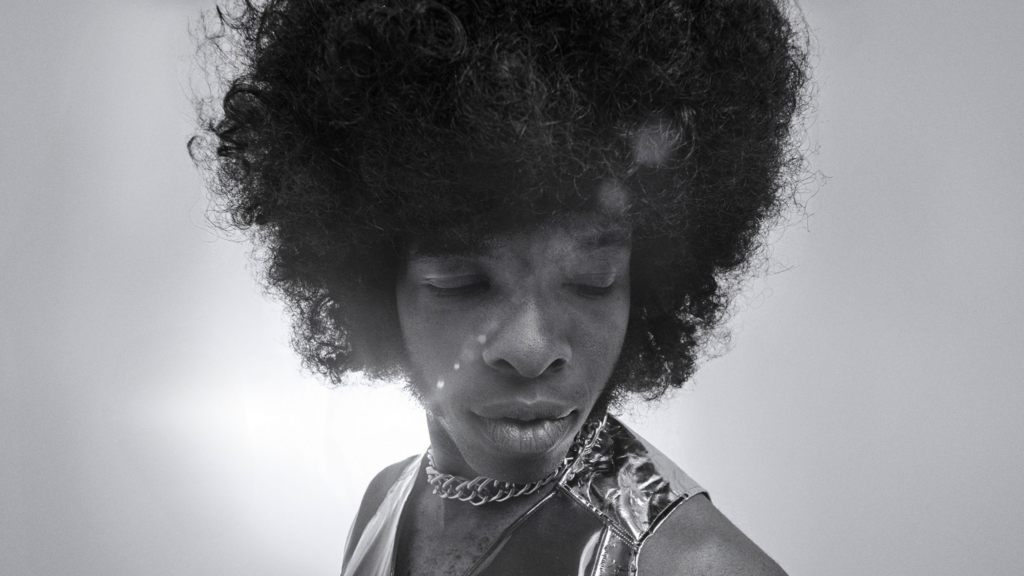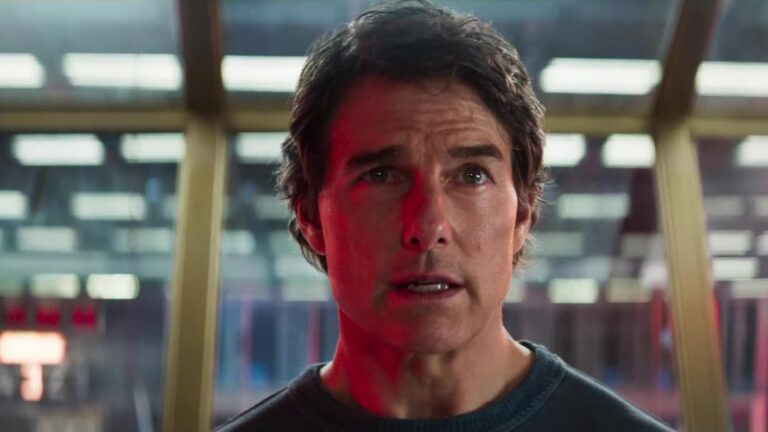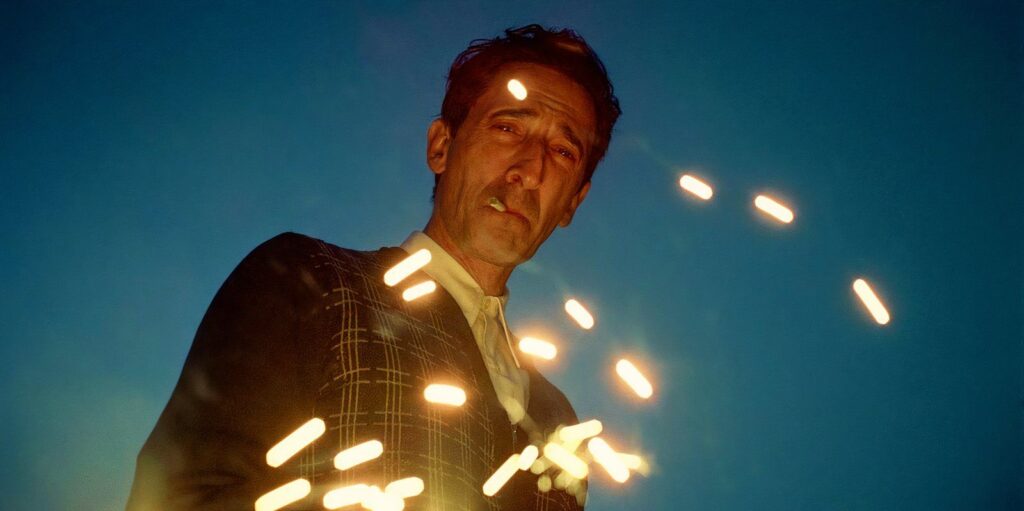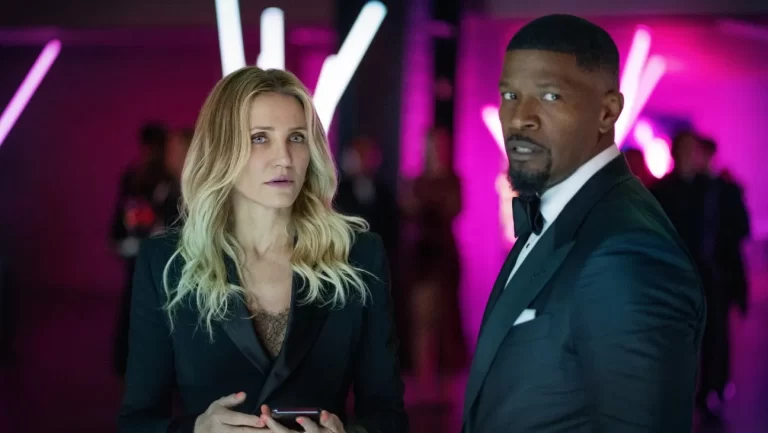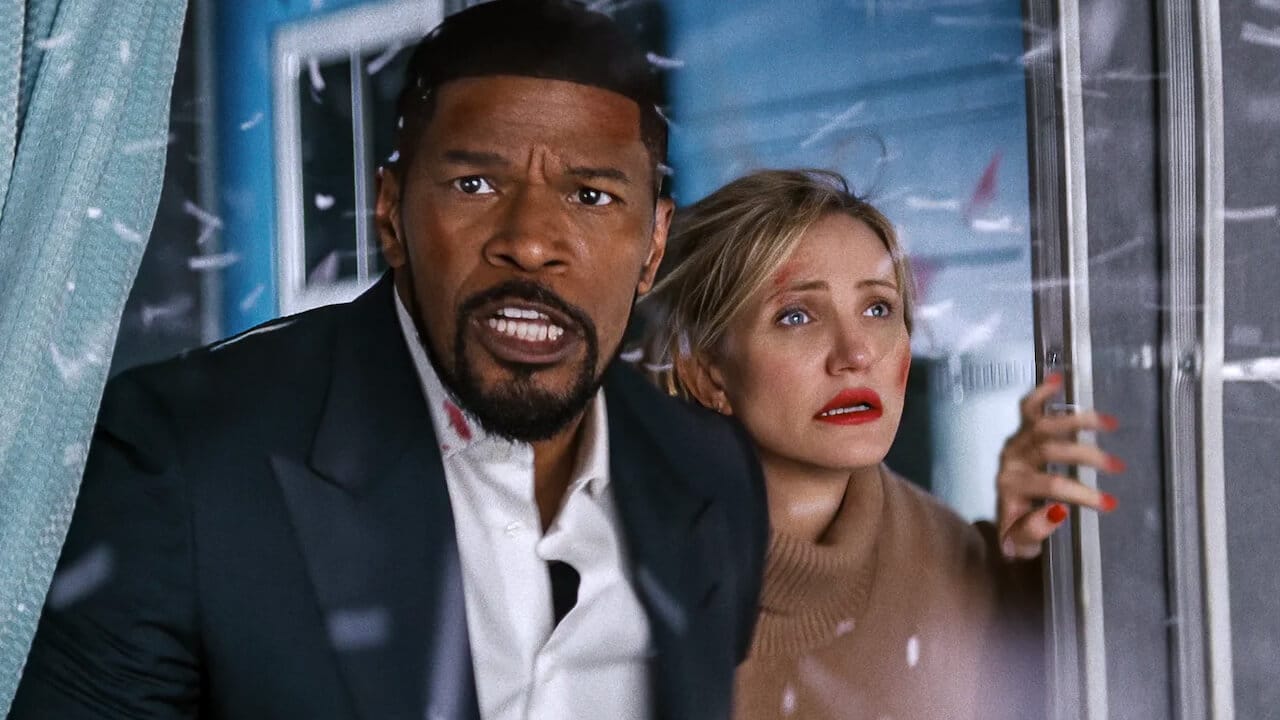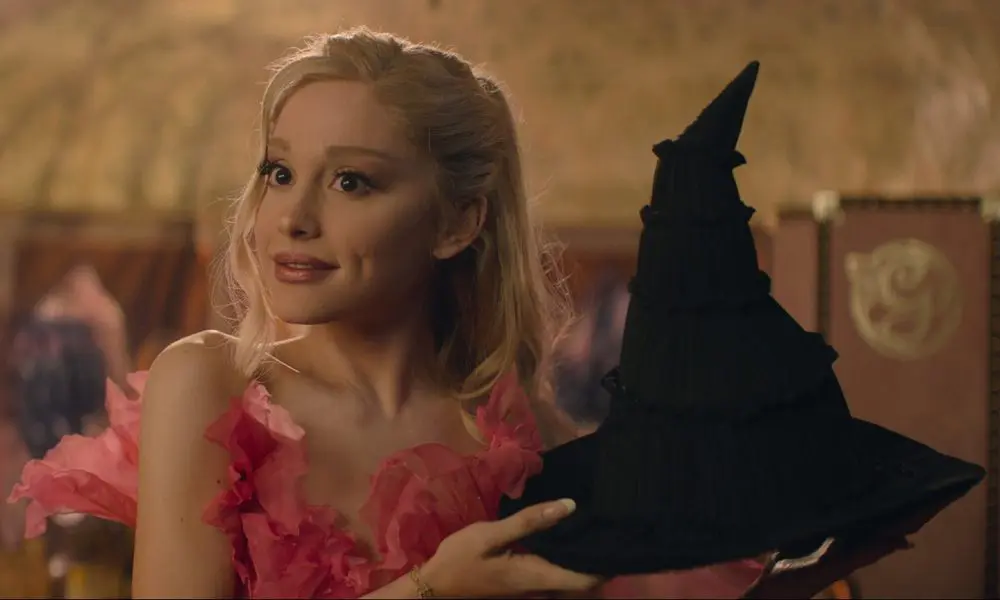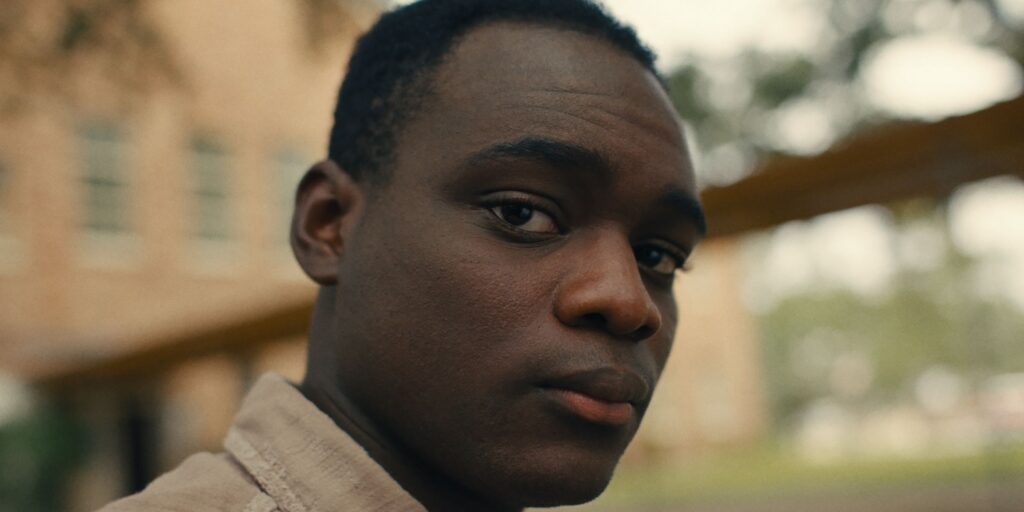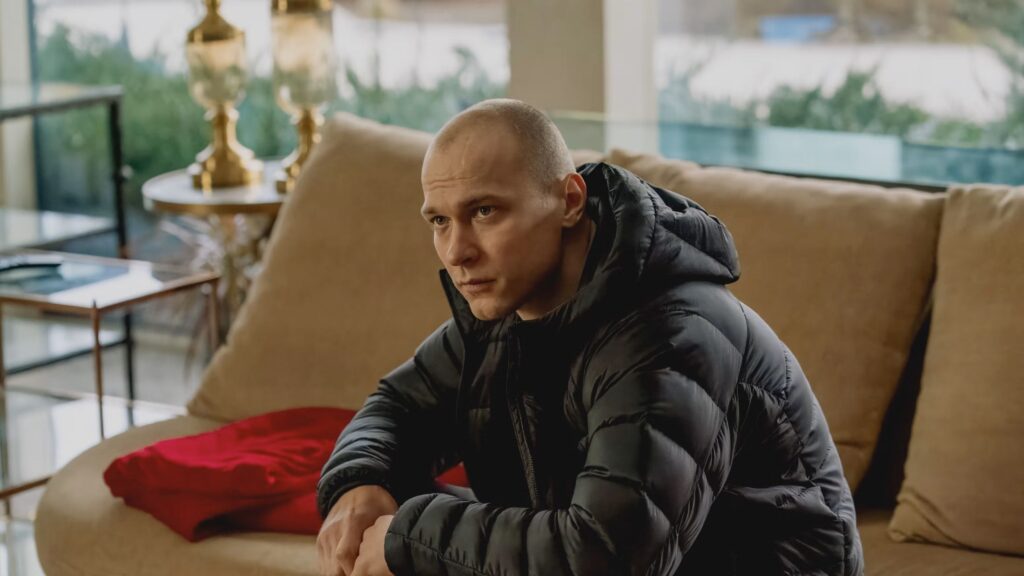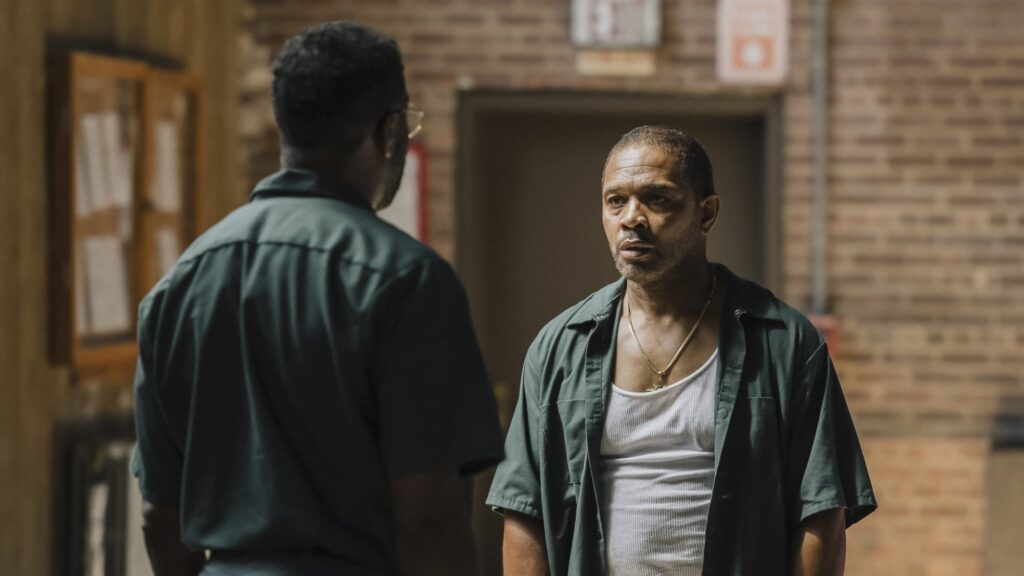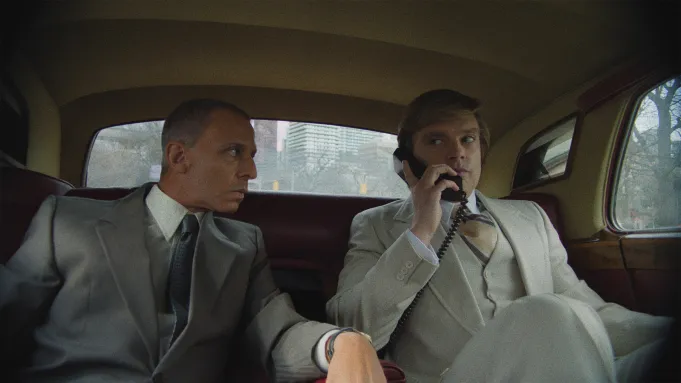Director: Questlove
Stars: André 3000, Chaka Khan, George Clinton
Synopsis: It focuses on the life and legacy of Sly and the Family Stone, telling the story behind the rise, reign and fadeout of one of pop music’s most influential artists.
Questlove returns to Sundance after his Oscar-winning Summer of Soul with another documentary examining the scope of Black artistry. Only this time, he channels his focus into a singular group: Sly and the Family Stone. And again keeping in line with his previous film, Questlove has provided his latest with an alternate title captured in parentheticals: Sly Lives! (aka The Burden of Black Genius). And everything one could hope to gather about this documentary is right there in either title. This documentary is very much about Sly and the Family Stone, and the borderline unquantifiable impact they have made on music. But in so many ways, this film extends far beyond the group and the man at its center. Their story is just the vessel through which Questlove begins his examination. This film attempts to question the duality of what it means to be a Black artist, and a Black genius, in any capacity. And while much of this film is reverential, and celebratory of the legacy of such an iconic group, it refuses to shy away from the devastating effects such a storied history had on the individuals at the center of it all.

Early on in the film, after a ridiculously cool and fast-paced introduction, Questlove pumps the brakes completely. We see Sly Stone preparing for an interview a bit later into the prime of his career. The reporter attempts to question the seemingly downward trajectory he’s been facing. Stone replies with the simple statement that “He didn’t blow anything”, and that he feels he never changed. It’s a sobering statement whether you know anything about the man or not. The reason being is that Questlove surrounds this section of the film with fellow bandmates, historians, and contemporary artists and icons who all allude to Stone’s issues after fame. From there, it grows into a larger statement on Black artistry, and how Black artists are viewed differently not just by the public, but by the industry at large. While legendary artists like D’Angelo or André 3000 have different thought processes in regards to the pressures of Black genius, they both appear in agreement that the toll it takes is a rather large one on an individual. It’s clear that, upon being asked, they understand the weight of the question. It’s a loaded question in the sense that there’s so much to cover contextually, subjectively, and theoretically. Questlove understands this too, and opts for a fragmented approach in this documentary that speaks to his innate artistic sensibilities.
There’s an undeniable rush to hearing music presented in the context of a documentary. And if it can be seen in a loud, dark theater? One of the most enriching experiences a viewer could have. As the film makes its way through an iconic catalog full of lush music that pioneered the artform, we arguably arrive at the peak of the mountain. There are many songs by Sly and the Family Stone that could surely be counted as their best. But there’s perhaps no song more iconic in their catalog than “Dance to the Music.” It’s one of the songs that practically transcends the artists who created it. To detail why a piece of art is so pivotal, so brilliant, so legendary in its status is a very difficult task. But aside from letting the music merely speak for itself (and come on, how can hearing this song not get you dancing in your seat?), Questlove takes an approach to detailing this song that replicates his approach to this entire documentary. Visualized in a very clever way, and detailed through music theory by a fellow artist, “Dance to the Music” is broken down into individual pieces. Each instrument is given its own moment to shine and is allowed a moment to be placed into the greater whole of the song. Each individual layer is then added together to create something magical. With his fragmented approach to telling Stone’s story and examining the burden of Black genius, Questlove provides details about the variety of experiences within Stone’s life to showcase the greatness, the tragedy, and the lasting effect on music history that he had. These parts all make way to a culmination, and exist beyond the mere moments in which they occurred much like the different instruments coming together to create a sensation. It’s a thrilling approach to documentary filmmaking.
Another wonderful element of Questlove’s direction is how stylish it is. Despite always remaining respectful to the reckoning occurring in the film, there is a playful tone to the style of Sly Lives!. This documentary is both reverential and celebratory of all that Stone has accomplished as an artist. It rarely enters a dry spell. Questlove is consistently employing exciting imagery and media formats to make for a cinematic experience that’s as exciting as listening to Sly and the Family Stone. He’s also not afraid to make choices that speak to how genuinely interesting of an artist he is. If the music of Sly and the Family Stone can be described as anything, it’s lush and constantly surprising to listeners. And for as stylish as this documentary is, there’s a fair amount that is particularly muted in response. It makes for an interesting clash of visual language, but it fits together nicely within the larger conversation being had throughout the film. Many of the talking heads for example, are mainly static shots in front of a starkly deep red or blue background. There will occasionally be close-ups, or quick action shots within the same space. It makes for a nice, simple contrast with the lush images and audio found throughout the rest of the film. While it can occasionally feel a bit fragmented, it’s great to see a musician so known for experimenting with style doing the same in his filmmaking career. They’re risks and slight missteps that can be looked past in the name of genuine creativity and artistry. Unfortunately, that doesn’t necessarily give a pass to the third act being a bit rocky. Segments of it take on the form of a traditional description of a fall from fame and become a bit directionless. Luckily, Questlove manages to land the plane by ultimately looping Stone’s later years back into examining how the public and the industry can so easily turn on Black artists.
There’s a palpable sadness to how Questlove captures Stone’s later years. It should be pointed out that throughout Sly Lives!, we witness a meteoric and awe-inspiring rise for Stone. What he did for music will be heard and cherished for generations to come. And one of the personal bombshells of this film arrives in the final third. In 1971, nearing the dissolution of the group and the rising legal troubles of Stone, it’s briefly mentioned in a newscast that Stone was only 30 at the time. It’s a baffling realization when looking back on all that Stone’s music had soundtracked throughout history up until that point. So while referring to his later years isn’t really all that late, it’s another painful reminder of the added pressures Black artists faced and continue to face. During a talk show appearance, Stone referred to there being “a pressure on all of us.” Through his musical output, he provided artists the freedom to experiment and create boldly without shame. This gift, coupled with the toll success takes, forced Stone into a zone where he seemed to do all he can to remain relevant. This is an artist that has given the world so much, and in his times of struggle due to substance abuse, the public, the industry, and the government all used his struggles to be made an example of. It’s deeply upsetting, as family members and former bandmates reckon with the alternate paths life could have taken them on had the world been more kind to a man who needed help rather than damnation. But in the end, despite a tear-inducing final moment, Questlove leaves us with a film that hopefully causes celebration and the cultural reignition of an electrifying artist. He depicts a fraction of the iconic samplings of Sly and the Family Stone across hip-hop history. He highlights the various contemporary artists who pay direct homage to the cover of the 1971 album, “There’s a Riot Goin’ On.” With this documentary, Questlove and the various people who are asked about it throughout the film admit there is a burden on Black genius. But despite that burden, there are artists who rise to the occasion and aim to shatter it over time. Sly Stone can clearly be described in many different ways. Many people in the film highlight this through a rapid-fire montage. But at the end of the day, it seems that the way Questlove wants people to remember Sly Stone most is to remember that he lives. He lives through all that he has given us.
Sly Lives! (aka The Burden of Black Genius) is celebrating its world premiere at the 2025 Sundance Film Festival in the Premieres category. It is scheduled to be released on February 13, 2025.



